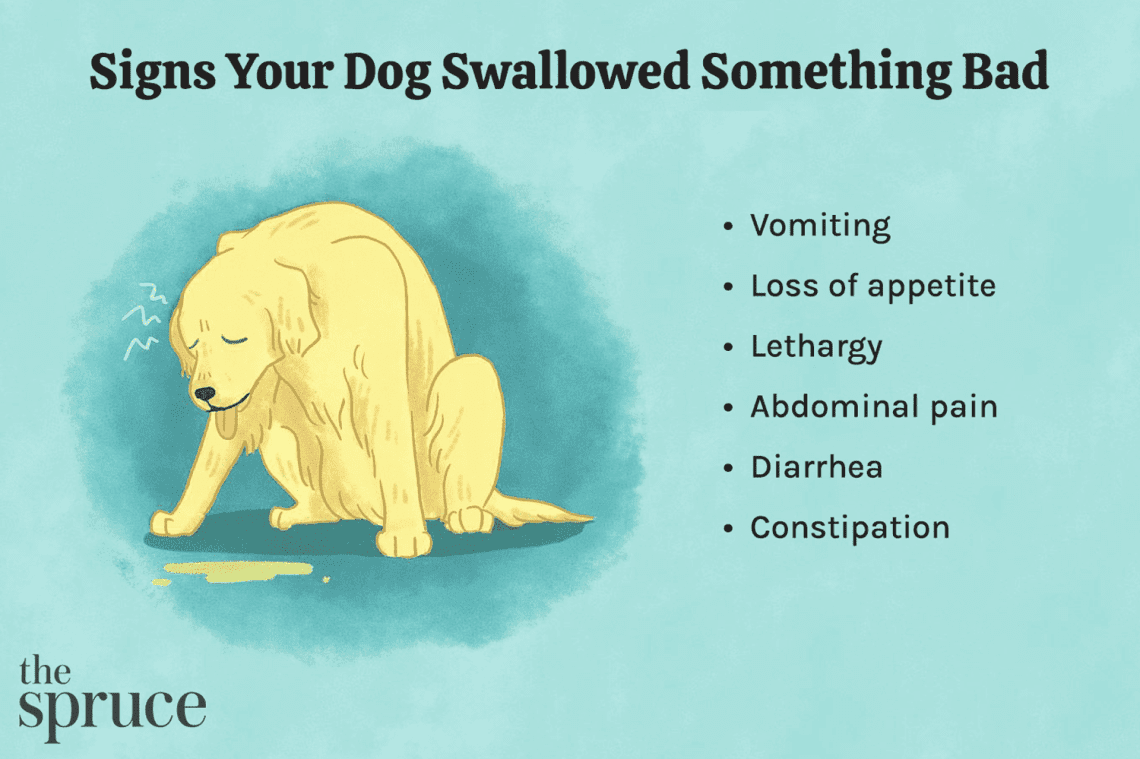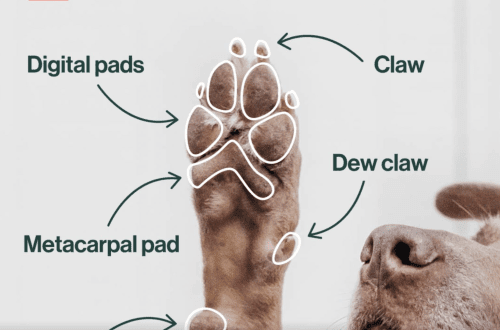
The dog ate something. What to do?

Small and round foreign bodies can come out of the intestines naturally, but most often the entry of a foreign body ends in intestinal obstruction. Obstruction does not always occur immediately after ingestion, in some cases rubber toys or other objects can be in the dog’s stomach for several days or even weeks.
Contents
Symptoms
Symptoms of intestinal obstruction begin to develop when a foreign body moves from the stomach into the intestines. If you have not witnessed the swallowing of a sock and did not notice its disappearance, then the following symptoms should alert you:
- Vomiting;
- Severe pain in the abdomen;
- General malaise;
- Forced body position: for example, the dog does not want to get up, refuses to walk, or adopts a certain position;
- Lack of defecation.
Don’t wait for all of the symptoms listed above to show up, even one of them is enough to suspect a bowel obstruction.
What to do?
Urgently contact the clinic! After a general examination and assessment of the condition, the doctor will most likely take x-rays and ultrasound, which will allow you to detect a foreign body, assess its size and shape (what if it’s a fishhook?) and choose a treatment option. Usually this is the surgical removal of a foreign body from the intestine, but in some cases it is possible to remove foreign bodies from the stomach using an endoscope.
It’s important
Bones quite often cause obstruction of the gastrointestinal tract, moreover, sharp bone fragments also cause perforation of the intestinal walls, which usually leads to peritonitis and greatly worsens the prognosis for recovery even in the case of surgical treatment. Vaseline oil does not help animals with intestinal obstruction!
Dogs can swallow the owner’s medicines, get drunk on household chemicals (especially if the dog stepped on the spilled reagent with his paws), and swallow batteries. In all these cases, it is important to urgently contact the veterinary clinic and in no case try to make the dog vomit, especially if the dog has already vomited and is clearly not feeling well. Batteries and reagents contain acids and alkalis that can cause even more damage to the stomach and esophagus if vomiting is stimulated.
Bowel obstruction is a life-threatening condition. With complete obstruction of the intestine, peritonitis develops after 48 hours, so that the count goes literally by the hour. The sooner the dog is taken to the clinic, the greater the chance of successful treatment.
The article is not a call to action!
For a more detailed study of the problem, we recommend contacting a specialist.
Ask the vet
22 2017 June
Updated: July 6, 2018





